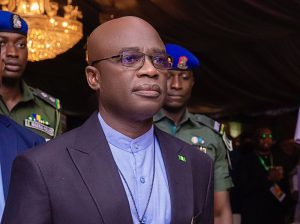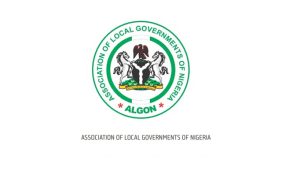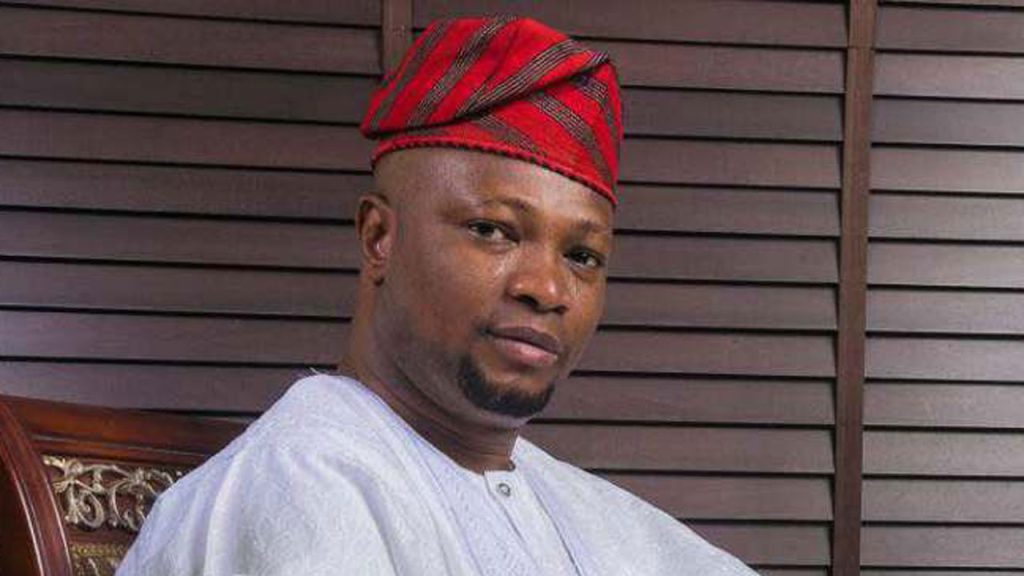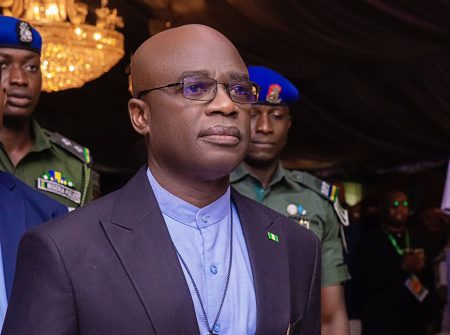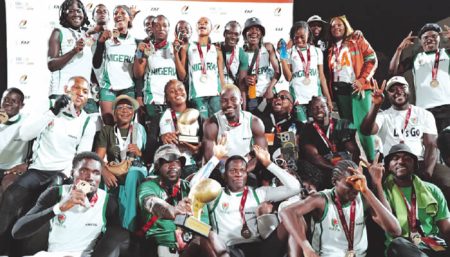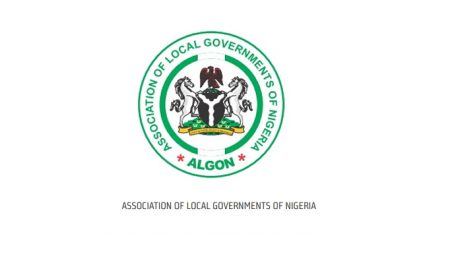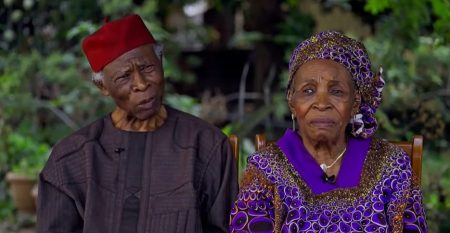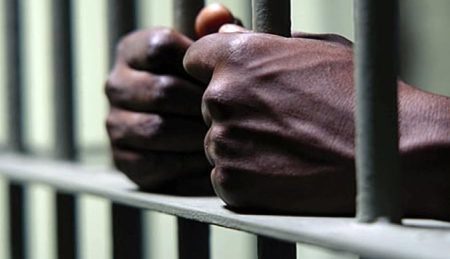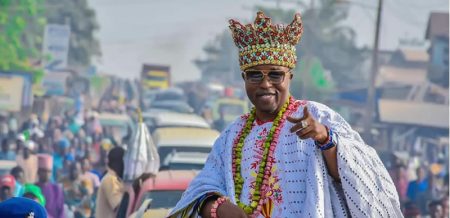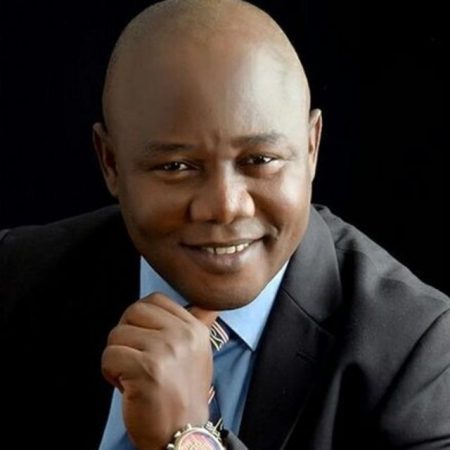The 2023 Lagos State governorship candidate of the Peoples Democratic Party (PDP), Olajide Adediran, also known as Jandor, has offered a critical analysis of the factors contributing to the PDP’s recent electoral setbacks. Contrary to popular belief, Jandor argues that Atiku Abubakar’s victory in the 2023 presidential primary was not the singular cause of the party’s decline, but rather a symptom of deeper internal divisions and a lack of party cohesion. He highlights the party’s democratic selection process as both a strength and a weakness, acknowledging its transparency while simultaneously pointing to a crucial difference between the PDP and its main rival, the All Progressives Congress (APC), concerning the concept of “party supremacy.”
Jandor observes that the PDP, while upholding democratic principles in candidate selection, struggles with internal discipline and unity following the primaries. He contrasts this with the APC, where, despite potential internal disagreements, a culture of party loyalty generally prevails, ensuring that all members rally behind the chosen candidate. In essence, Jandor suggests that the PDP’s democratic ideals, while laudable, become a vulnerability when individual ambitions and grievances are prioritized over the collective good of the party. This lack of a united front, he argues, significantly hampered the PDP’s chances in the 2023 elections.
Jandor uses the example of Atiku Abubakar’s primary victory to illustrate his point. While Atiku emerged victorious through a legitimate democratic process, Jandor contends that some party leaders actively worked against his candidacy, undermining the party’s overall electoral strategy. This lack of cohesion, he argues, stands in stark contrast to the APC’s internal dynamics, where, regardless of personal preferences, members typically align with the party’s decision, presenting a united front to the electorate. This difference in party discipline, according to Jandor, significantly influenced the outcome of the 2023 elections.
Furthermore, Jandor’s analysis delves into the cultural differences between the two dominant parties in Nigeria. He portrays the PDP as a party where individual voices and dissenting opinions are openly expressed, sometimes to the detriment of its overall electoral strategy. This democratic freedom, while valuable in principle, can lead to fragmentation and internal conflict, particularly when personal ambitions clash with the party’s chosen direction. The APC, on the other hand, is presented as a party that prioritizes unity and collective action, often at the expense of open internal dissent. While this approach might suppress individual voices, it arguably creates a more cohesive and strategically aligned electoral machine.
Jandor’s insights shed light on the complex interplay between democratic principles and party discipline in the Nigerian political landscape. He suggests that the PDP’s adherence to democratic processes, while commendable, needs to be balanced with a stronger emphasis on party unity and loyalty. The ability to reconcile internal differences and present a united front to the electorate, he argues, is crucial for electoral success. The APC’s success, in contrast, may be attributed, at least in part, to its ability to enforce party discipline and ensure that all members, regardless of their personal preferences, support the chosen candidate.
In conclusion, Jandor’s perspective provides a valuable framework for understanding the challenges faced by the PDP in the 2023 elections. He argues that the party’s democratic processes, while generally positive, can become a source of weakness if not accompanied by a strong sense of party unity and discipline. The contrasting approach of the APC, prioritizing party cohesion over open dissent, arguably provides a more effective electoral strategy, even if it comes at the cost of suppressing individual voices within the party. Jandor’s analysis ultimately suggests that the PDP needs to find a way to balance its democratic ideals with the need for greater internal cohesion if it hopes to regain its competitive edge in future elections.


